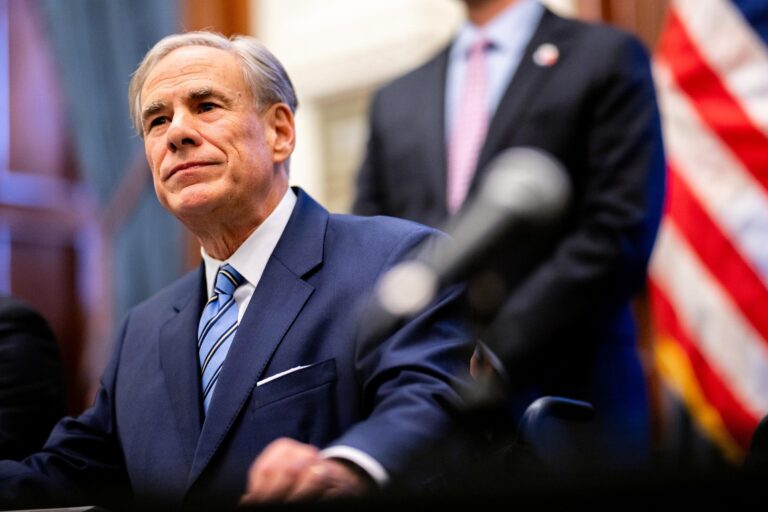Texas GOP’s Redistricting Strategy: Undermining Democratic Districts
Republican leaders in Texas have introduced a controversial redistricting blueprint aimed at reshaping the state’s electoral map by breaking up Democratic-dominated urban areas like Houston, Dallas, and Austin. Critics contend this approach intentionally weakens the electoral influence of minority and progressive voters by dispersing them across multiple Republican-leaning districts—a classic example of partisan gerrymandering. Proponents argue the plan reflects demographic shifts and encourages electoral competitiveness, yet independent analyses reveal the new boundaries overwhelmingly benefit Republican incumbents.
Highlights of the redistricting proposal include:
- Dividing majority-minority neighborhoods to dilute their collective voting strength
- Establishing districts with narrow Republican majorities to secure GOP control
- Targeting suburban districts with historical Democratic support for Republican gains
| District | Previous Partisan Advantage | Projected Post-Redistricting Advantage |
|---|---|---|
| Houston – District 18 | Democrat +15% | Republican +3% |
| Austin – District 35 | Democrat +22% | Democrat +5% |
| Dallas – District 30 | Democrat +12% | Republican +1% |
Legal Disputes and Political Controversies in Texas Redistricting
The redistricting proposals in Texas have sparked intense legal confrontations, with accusations of racial gerrymandering and partisan bias at the forefront. Civil rights groups argue that the new maps significantly weaken the voting power of Hispanic and Black communities, potentially breaching the Voting Rights Act. Meanwhile, Texas GOP officials defend the changes as necessary adjustments to reflect population shifts from the 2020 census, insisting the plans comply with legal standards. Experts predict a series of lawsuits will navigate through state and federal courts, possibly culminating in a Supreme Court decision that could influence redistricting practices nationwide.
Core issues fueling the dispute include:
- Redrawing boundaries to fragment Democratic voter bases and bolster Republican districts
- Potential violations of federal protections for minority representation
- High-stakes political maneuvering affecting control of legislative bodies
| Stakeholder | Primary Concern | Legal or Political Response |
|---|---|---|
| Democratic Constituents | Loss of effective representation | Initiating lawsuits and seeking injunctions |
| Republican Lawmakers | Ensuring population compliance and electoral advantage | Defending the maps in court |
| Civil Rights Organizations | Racial vote dilution concerns | Advocacy campaigns and legal challenges |
This ongoing legal saga highlights the broader national debate over equitable redistricting and the preservation of democratic representation.
Consequences for Voter Representation and Community Unity
The GOP-led redistricting initiative threatens to reshape Texas’s political terrain by weakening Democratic influence in key metropolitan and suburban districts. This strategy often involves “cracking” — splitting cohesive communities, especially those defined by race or socioeconomic status, across multiple districts. Such fragmentation can leave voters feeling disconnected from their elected officials and diminish the political power of minority populations. The targeted areas include major Democratic hubs like Houston, Dallas, and Austin, where the GOP aims to consolidate legislative dominance.
Notable impacts on voter representation include:
- Fewer competitive districts, reducing balanced political discourse
- Marginalization of minority communities by dispersing their voting strength
- Potential decline in voter turnout due to feelings of disenfranchisement
| District | Current Partisan Lean | Proposed Partisan Shift | Community Impact |
|---|---|---|---|
| Houston-07 | Democrat +12% | Republican +3% | Fragmentation of minority neighborhoods |
| Dallas-24 | Democrat +15% | Republican +2% | Weakened urban voter cohesion |
| Austin-10 | Democrat +20% | Democrat +5% | Reduced district compactness and community integrity |
Advancing Transparency and Bipartisan Reform in Redistricting
Growing public concern has intensified calls for bipartisan collaboration in Texas’s redistricting process. Critics argue that the current methodology disproportionately benefits one party, undermining democratic fairness and eroding voter trust. Reform advocates propose the creation of independent redistricting commissions that would apply transparent, nonpartisan criteria to draw district lines, thereby curbing gerrymandering and promoting equitable representation.
Transparency is a central pillar of these reform efforts, with demands for open data access and public participation becoming increasingly prominent. Proponents emphasize that real-time availability of mapping data and community input sessions can foster greater confidence in the redistricting process. Key reform priorities include:
- Open Data Access: Making all redistricting data and tools publicly accessible online
- Nonpartisan Oversight: Empowering independent commissions to draft and approve district boundaries
- Community Engagement: Hosting public forums and soliciting voter feedback before finalizing maps
- Clear Legal Standards: Establishing objective criteria to prevent partisan manipulation
| Challenge | Reform Strategy | Anticipated Benefit |
|---|---|---|
| Partisan Gerrymandering | Independent Redistricting Commissions | More Equitable Political Representation |
| Lack of Transparency | Public Access to Mapping Data | Enhanced Voter Confidence |
| Closed-Door Decision-Making | Mandatory Public Hearings | Improved Accountability |
Conclusion: The High Stakes of Texas Redistricting
As Texas Republicans advance their redistricting agenda, the contest over congressional boundaries is poised to escalate. Opponents warn that these changes jeopardize fair representation and threaten to silence Democratic voices in key communities. With multiple legal challenges anticipated, the outcome of this battle will have profound implications not only for Texas but also for the broader national discourse on electoral fairness and democratic integrity. Ongoing coverage will continue to monitor these developments closely.




